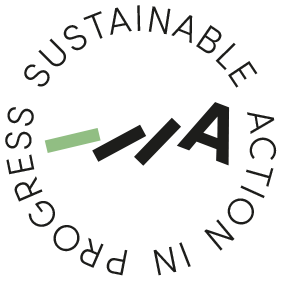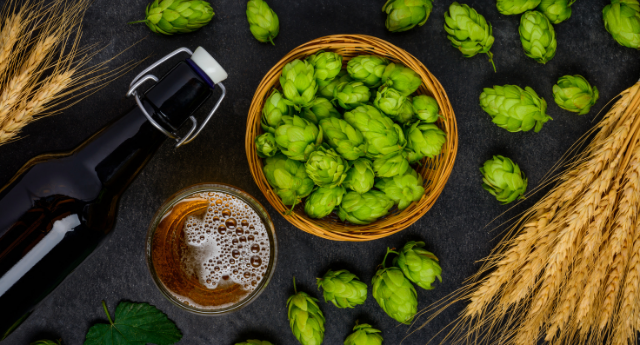Optimizing beer production
If you are interested in working on this topic please contact us at info@actory.dk.
What is the topic about?
A sustainable solution for limiting the use of heated water in a brewery
Brewing beer takes a lot of resources that might not be used anymore afterwards. During the process of cooling down the beer before entering the fermentation it will use a lot of cold water. This process is important because it limits the proliferation of bacteria in the beer. The water enters the cooling system cold and as an output there is hot water. At Bicycle Brewing this water is unfortunately wasted. In a sustainable way there is an opportunity to reuse this hot water within the brewery process. Other opportunities are also accepted. The goal of this workshop is to bring a sustainable solution for this issue while considering the limited amount of free space at the Bicycle Brewing room.
What is the motivation for the topic?
You will have the opportunity to solve a sustainable issue regarding beer themes. This topic will gather knowledge of chemistry, beer-making and process-optimization while also developing the eventual market estimation, project planning and business plan creation. This challenge will be developed closely with the company “Bicycle Brewing”, giving you the opportunity to have direct insights and feedback from them.
How does the suggestion relate to the sustainability challenges?
Water should not be wasted. There is plenty of applications to limit this waste by incorporating the water in another system for valorization. (e.g. if it’s hot water you can use it for heating a system). The challenge will be to create a more sustainable behavior in the beer-making process regarding its water use.
Is the suggestion meant to involve a third part? On this challenge you can work with the micro brewery “Bicycle Brewing”
Material you could use for inspiration
Water Environment Federation on Water Reuse
Brewers Association Water and Wastewater: Treatment/Volume Reduction Manual

